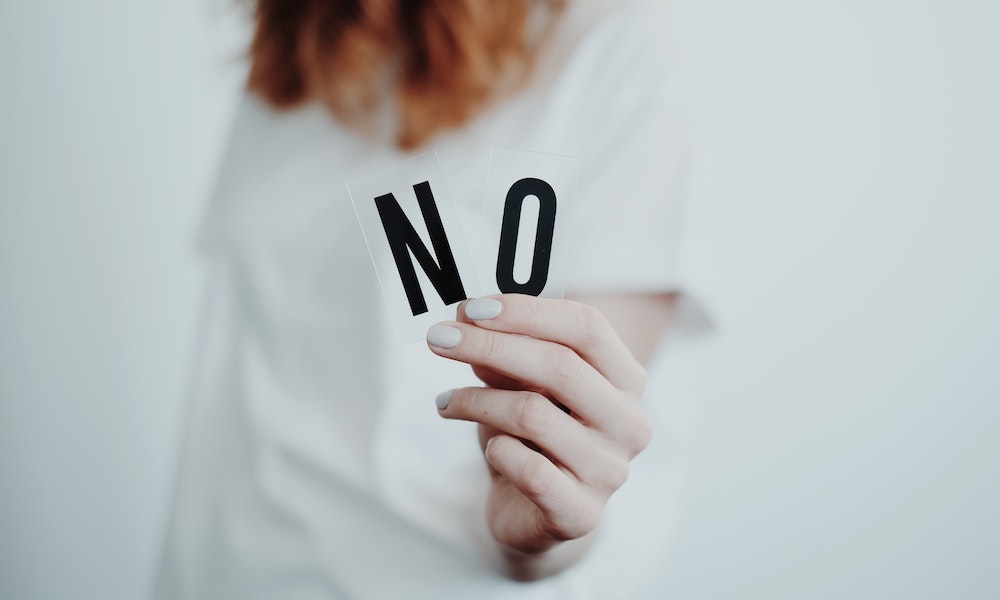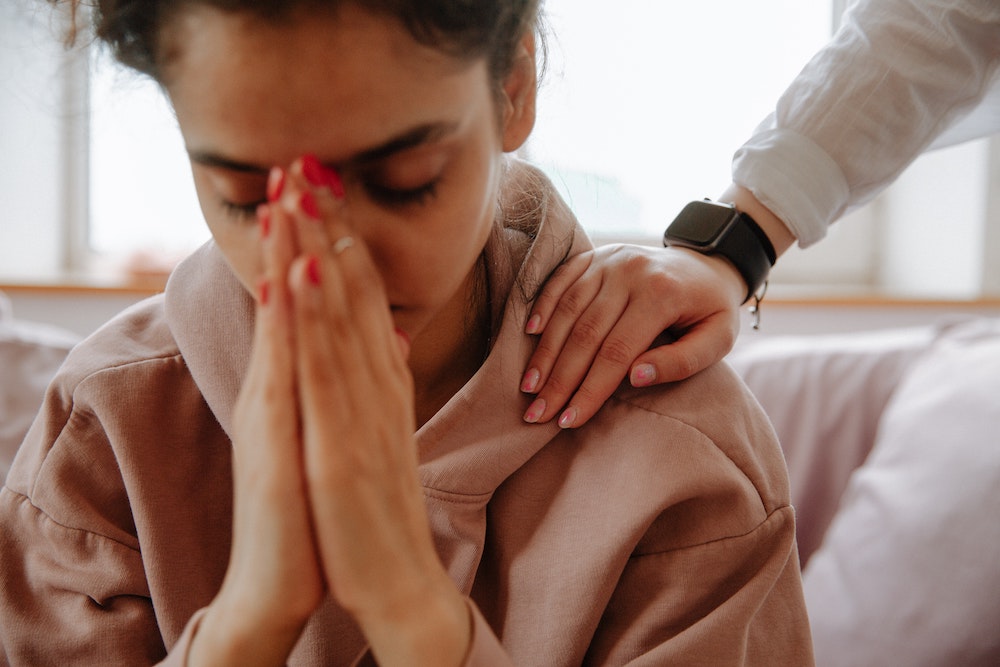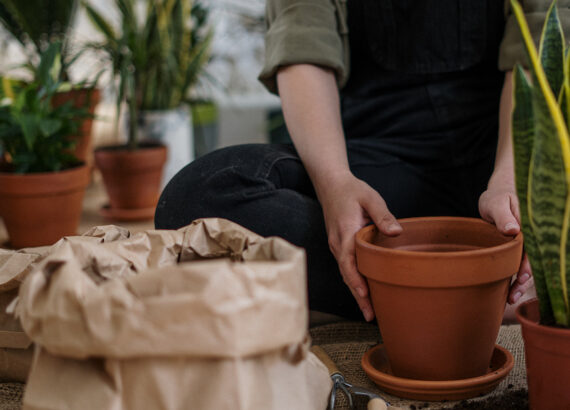What Makes Someone a Recluse?

If you’re someone who’s known for keeping to themselves, you might have drawn some concerned or even critical comments on your decision to do so. Living a solitary lifestyle has long been poorly viewed and questioned: even earning its fair share of labels; loner, hermit, shut-in, recluse – among others.
Historically, the idea of voluntary isolation was a strange and even dangerous concept. Survival was more often than not, reliant on banding together. If you weren’t keen on family members or certain members of your community, there wasn’t the convenient option of packing up your stuff, bidding adieu, and simply walking out the door, headed for anywhere but there. Unless you were prepared for the struggle of being self-sufficient by feeding yourself, finding work,
Those who did so anyway – retreating to a secluded plot of land (or more famously feared), into the thick of a forest, could eventually invite distrust and even scorn from others. In today’s ever-evolving and technologically-reliant world, that option has become more attractive and easily accessible, but the stigma remains even now, staining the choice and harmless preference of being reclusive. If you’re wondering what it really means to be a recluse, ungrounded and ancient perceptions set aside – read on to find out.

They Said “I’ll Pass” to Companionship
If there was one sure way to define recluses, regardless of the time period they’re examined, it’s that they’re consistent; specifically in their instinctive aversion and withdrawal from the rest of society. To be considered a recluse, the bare requirement is to actively go out of your way to separate from other people.
That can exclusively mean a smaller collective like family members or neighbors, or expand to any and all people. Factoring in stereotypes, a recluse is thought to always avoid others and completely shut out any reliance on society, but that’s not a realistic representation.
A recluse could still very well live harmoniously among other people, but they’re still considered separated to a certain extent. That could mean a range of things. Such as them willingly spending hours alone and happily excluded in their own room in a household, or in a separate residence altogether and making the occasional trip to town for essentials like groceries and clothing.

They Know What They Want
It’s probably obvious at this point, but being reclusive takes a lot of gumption. The decision to make it on your own (for the most part), is far from easy and even further from possibly achieving if the person isn’t prepared and determined to do so, no matter the odds.
Which means that any proper recluse has likely faced the temptation to just give in and “play along” with society’s expectations. Being sociable has never been their forte and likely never will be, but the dominant assumption is that the average citizen has no qualms with being around others on a regular basis.
For a recluse, this is a difficult expectation, to say the least. They know what they’d prefer, what they might inherently desire and even need for their own mental health and the sake of its stability, but they might not have the means or ability to fulfill that need. So, when the typical doubt arises, sometimes from a loved one in their lives, or even a stranger, a recluse has an easy and honest answer, even if it’s difficult to swallow or accept.

They’re Misunderstood and Misdiagnosed
As a race, we have the uncanny knack of categorizing things we don’t know or understand because we’re not quite sure what to do with it otherwise. The practice of reclusively, unfortunately, has suffered that fate as well.
When people distance themselves, there’s still the reflexive response of treating it like there’s something wrong with them. There are a number of clinical diagnoses that might be used to further that line of thinking; a few to note are schizoid personality disorder, sociopathy, depression, and anxiety.
While all of these conditions should be treated seriously and might affect some who consider themselves reclusive, being a recluse does not automatically mean that the person has an undiagnosed disorder. First and foremost, being reclusive is a personal choice that should be respected, not feared or discounted on the basis that it’s against longstanding (and outdated) ways of thinking.
Antoinette Maven
Latest posts by Antoinette Maven (see all)
- How to Advocate for Change as an Introvert - April 22, 2024
- The Great Bookworm Debate: E-Books vs. Physical Books - April 18, 2024
- Hostel Hacks for Introverted Backpackers - April 18, 2024






